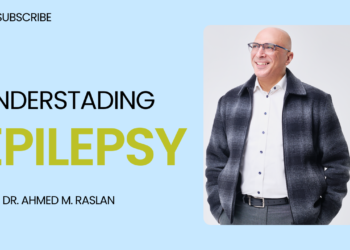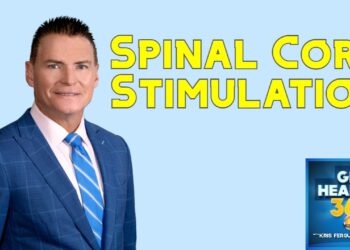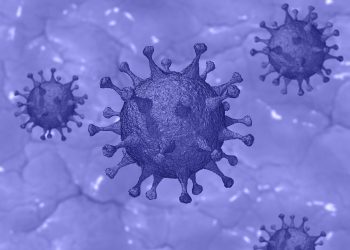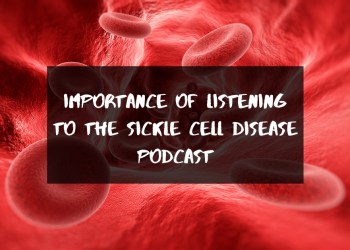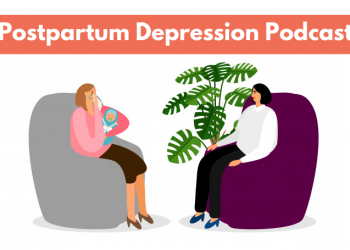Bupropion: a new treatment for chronic fatigue?
 Bupropion is FDA approved for major depression and has been prescribed for smoking cessation. This study showed that the patients with chronic fatigue syndrome improved on the medication. was objective evidence of a biologic effect as T1 microsomal antibodies decreased and there was an increase in natural killer cells – these natural killer cells help fight off infection. If other causes of the chronic fatigue cannot be found, consider discussing a trial of bupropion with your doctor.
Bupropion is FDA approved for major depression and has been prescribed for smoking cessation. This study showed that the patients with chronic fatigue syndrome improved on the medication. was objective evidence of a biologic effect as T1 microsomal antibodies decreased and there was an increase in natural killer cells – these natural killer cells help fight off infection. If other causes of the chronic fatigue cannot be found, consider discussing a trial of bupropion with your doctor.
The Research
Biol Psychiatry. 1992 Nov 1;32(9):834-8.
Bupropion treatment of fluoxetine-resistant chronic fatigue syndrome.
Goodnick PJ1, Sandoval R, Brickman A, Klimas NG.
1 Department of Psychiatry, University of Miami, Florida 33136.
Abstract
Chronic fatigue syndrome (CFS) includes many symptoms of major depression. For this reason, many antidepressants have been used to treat the symptoms of this disorder. Among the more recently released antidepressants are fluoxetine and bupropion. In this open study, nine CFS patients who either could not tolerate or did not respond to fluoxetine showed significant response when administered 300 mg/day of bupropion for an 8-week period in both rating of HDRS (t = 4.80, p < 0.01) and BDI (t = 2.48, p < 0.05). Furthermore, bupropion improvement in Hamilton Depression Rating Scale correlated significantly with change in plasma homovanillic acid (HVA) (r = 0.96, p < 0.01). Plasma total methylhydroxyphenolglycol (MHPG) also increased significantly during bupropion treatment (t = 2.37, p = 0.05). Measures of T1 microsomal antibodies also decreased over treatment time; increases in natural killer cell numbers correlated inversely with change in plasma levels of free MHPG (r = -0.88, p < 0.05). Bupropion responders were more likely to have trough blood levels above 30 ng/ml (chi 2 = 3.6, p = 0.05).

